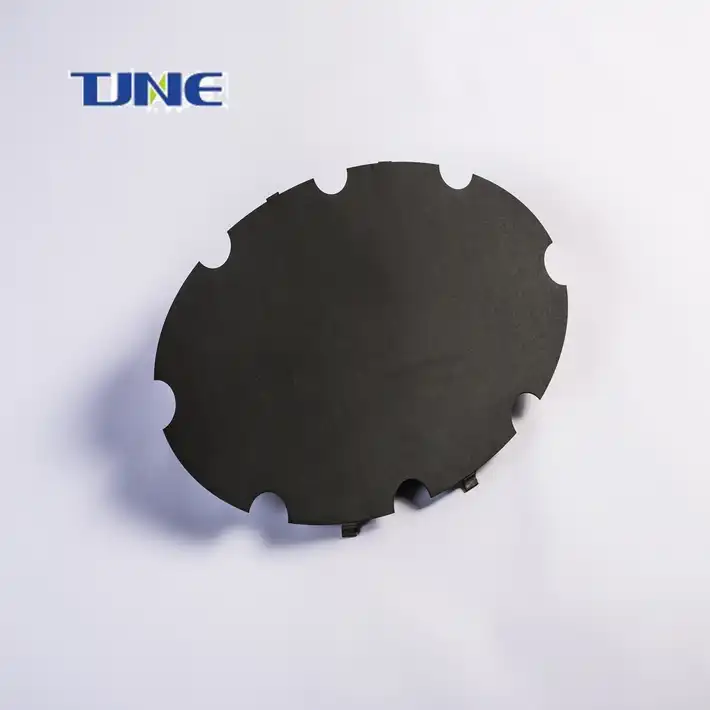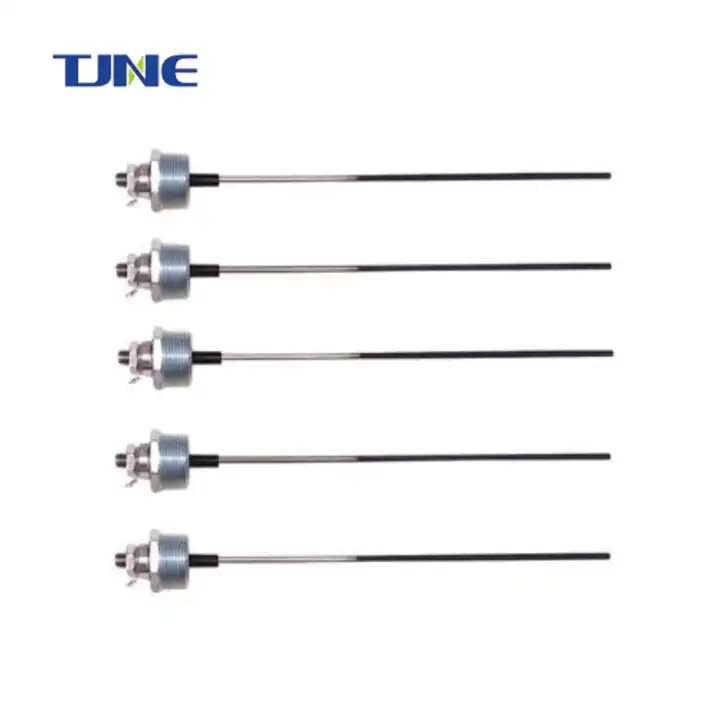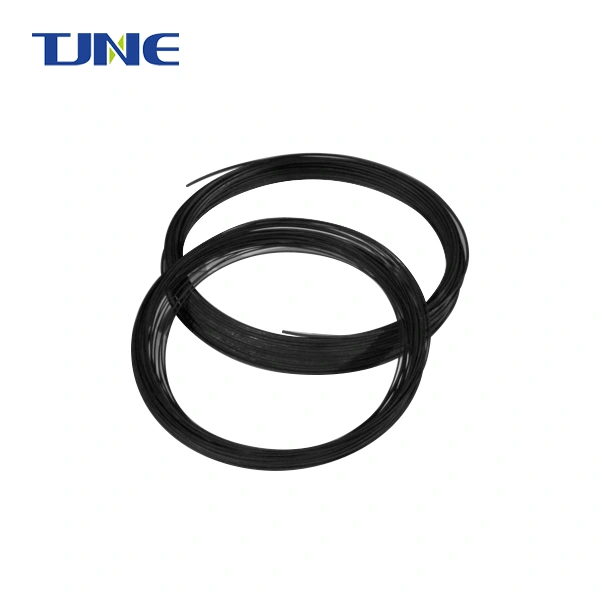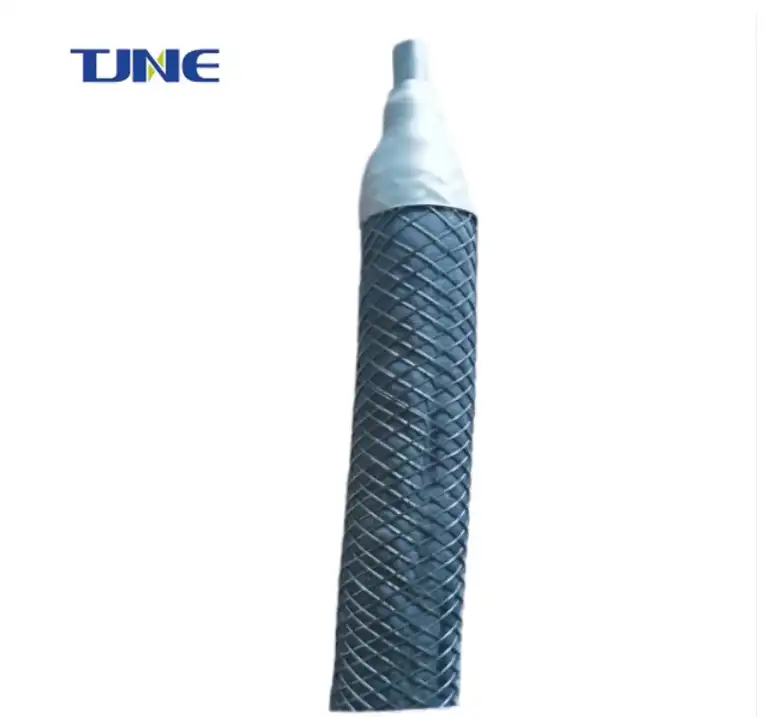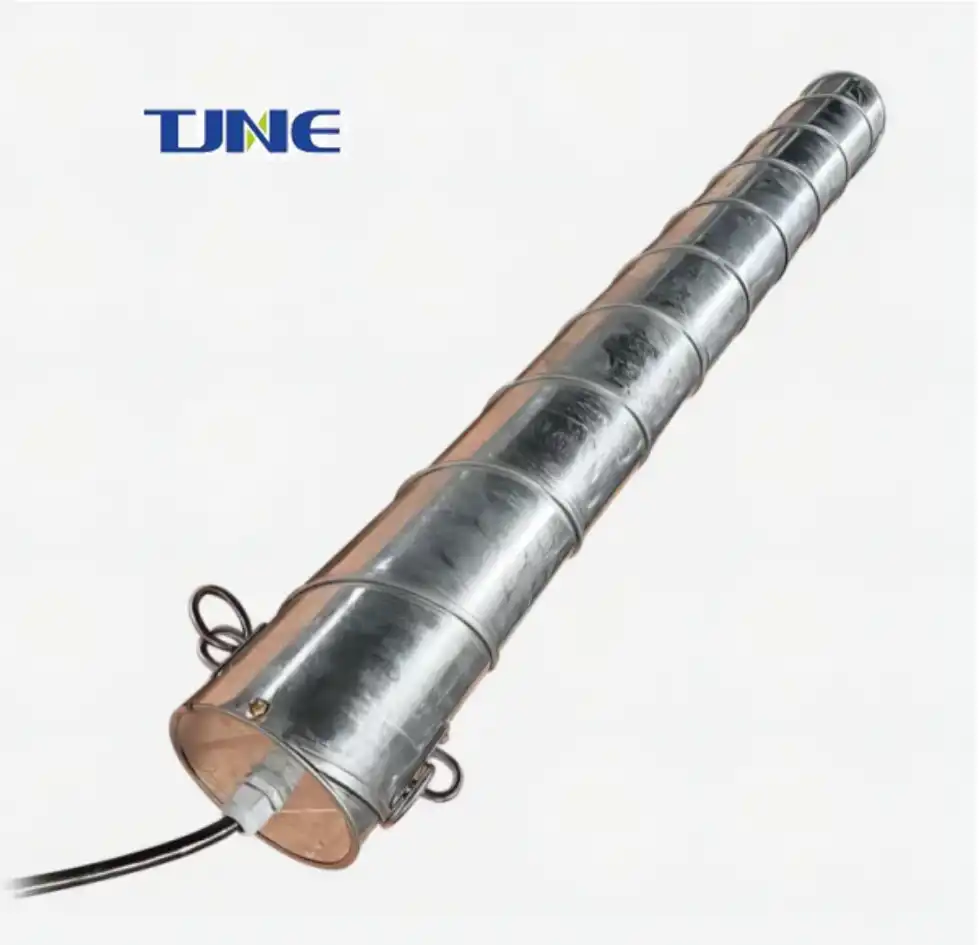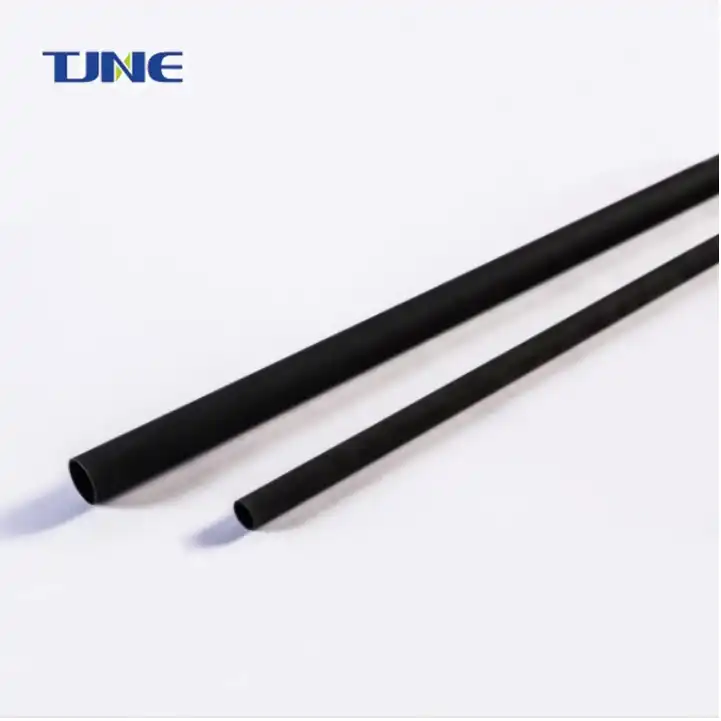- English
- French
- German
- Portuguese
- Spanish
- Russian
- Japanese
- Korean
- Arabic
- Greek
- German
- Turkish
- Italian
- Danish
- Romanian
- Indonesian
- Czech
- Afrikaans
- Swedish
- Polish
- Basque
- Catalan
- Esperanto
- Hindi
- Lao
- Albanian
- Amharic
- Armenian
- Azerbaijani
- Belarusian
- Bengali
- Bosnian
- Bulgarian
- Cebuano
- Chichewa
- Corsican
- Croatian
- Dutch
- Estonian
- Filipino
- Finnish
- Frisian
- Galician
- Georgian
- Gujarati
- Haitian
- Hausa
- Hawaiian
- Hebrew
- Hmong
- Hungarian
- Icelandic
- Igbo
- Javanese
- Kannada
- Kazakh
- Khmer
- Kurdish
- Kyrgyz
- Latin
- Latvian
- Lithuanian
- Luxembou..
- Macedonian
- Malagasy
- Malay
- Malayalam
- Maltese
- Maori
- Marathi
- Mongolian
- Burmese
- Nepali
- Norwegian
- Pashto
- Persian
- Punjabi
- Serbian
- Sesotho
- Sinhala
- Slovak
- Slovenian
- Somali
- Samoan
- Scots Gaelic
- Shona
- Sindhi
- Sundanese
- Swahili
- Tajik
- Tamil
- Telugu
- Thai
- Ukrainian
- Urdu
- Uzbek
- Vietnamese
- Welsh
- Xhosa
- Yiddish
- Yoruba
- Zulu
Mixed Metal Oxide (MMO) tubular anodes are advanced electrochemical components widely used in various industrial applications for corrosion protection and electrochemical processes. These anodes are known for their durability, efficiency, and versatility in different environments. This blog post delves into the specific environments where MMO tubular anodes excel, exploring their applications and benefits.
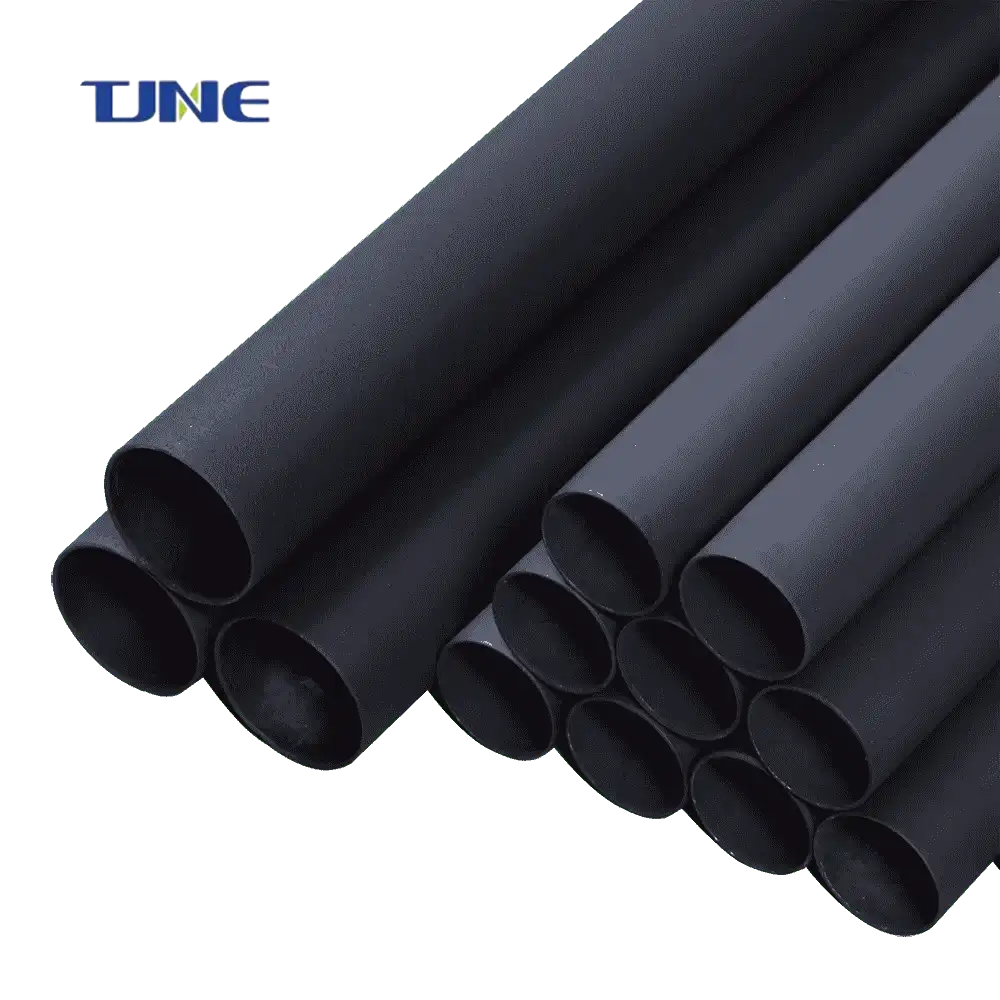
What are the advantages of using MMO tubular anodes in marine environments?
Marine environments present some of the most challenging conditions for metal structures due to the constant exposure to saltwater, which accelerates corrosion. MMO tubular anodes have proven to be exceptionally effective in these harsh settings, offering several key advantages:
1. Corrosion Resistance: The mixed metal oxide coating on these anodes is highly resistant to the corrosive effects of saltwater. This resistance allows them to maintain their effectiveness over long periods, even when constantly submerged in seawater.
2. Long Lifespan: In marine applications, MMO tubular anodes can last for decades. This longevity is crucial for offshore structures, ships, and port facilities where frequent anode replacement would be costly and impractical.
3. Consistent Performance: Unlike traditional sacrificial anodes that degrade over time, MMO tubular anodes maintain a consistent output throughout their lifespan. This consistency ensures reliable corrosion protection for marine structures.
4. Reduced Maintenance: The durability of MMO anodes translates to less frequent replacement and maintenance, which is particularly beneficial for underwater or difficult-to-access marine installations.
5. Environmentally Friendly: MMO anodes do not dissolve into the water like sacrificial anodes, making them a more environmentally friendly option for marine ecosystems.
6. Versatility: These anodes can be used in various marine applications, including offshore platforms, pipelines, jetties, and ship hulls.
7. Energy Efficiency: MMO anodes require less power to operate compared to other types of anodes, making them more energy-efficient in marine cathodic protection systems.
The use of MMO tubular anodes in marine environments has revolutionized corrosion protection strategies for offshore and coastal industries. Their ability to withstand the harsh conditions of saltwater while providing consistent and long-lasting protection makes them an invaluable asset in marine corrosion prevention.

How do MMO tubular anodes perform in underground and soil-based applications?
Underground and soil-based environments present unique challenges for corrosion protection, and MMO tubular anodes have proven to be highly effective in these settings as well. Here's an in-depth look at their performance and applications:
1. Soil Compatibility: MMO tubular anodes are compatible with a wide range of soil types, from sandy to clay-rich soils. This versatility makes them suitable for various underground applications across different geographical locations.
2. Resistance to Soil Acidity: Many soils can be acidic, which can accelerate corrosion. MMO anodes are resistant to acid attack, maintaining their effectiveness even in low pH environments.
3. Deep Well Applications: In deep well cathodic protection systems, MMO tubular anodes can be installed at great depths without losing their efficiency. This makes them ideal for protecting underground pipelines, storage tanks, and other buried structures.
4. Uniform Current Distribution: The tubular design of these anodes allows for a more uniform distribution of protective current in the soil, ensuring comprehensive protection of buried structures.
5. Low Resistance to Earth: MMO tubular anodes typically have a lower resistance to earth compared to other anode types, which improves the overall efficiency of the cathodic protection system.
6. Durability in Varying Moisture Conditions: Underground environments can have varying levels of moisture. MMO anodes perform consistently in both dry and saturated soil conditions.
7. Minimal Environmental Impact: Unlike some other anode types, MMO tubular anodes do not leach harmful substances into the soil, making them an environmentally responsible choice for underground applications.
8. Compatibility with Impressed Current Systems: These anodes work exceptionally well with impressed current cathodic protection systems, which are often used for large-scale underground structures.
9. Resistance to Mechanical Stress: The robust construction of MMO tubular anodes allows them to withstand the mechanical stresses associated with soil movement and settlement.
10. Long-Term Cost-Effectiveness: While the initial investment might be higher, the longevity and consistent performance of MMO anodes in soil environments often result in lower long-term costs.
The performance of MMO tubular anodes in underground and soil-based applications has made them a preferred choice for protecting buried infrastructure such as pipelines, storage tanks, and foundations. Their ability to provide reliable, long-lasting protection in diverse soil conditions contributes significantly to the integrity and longevity of underground structures.
What industrial processes benefit from the use of MMO tubular anodes?
MMO tubular anodes have found extensive applications in cathodic protection. Beyond marine and underground applications, these anodes are used for cathodic protection of industrial equipment, storage tanks, and pipelines within manufacturing facilities.
The versatility of MMO tubular anodes in cathodic protection stems from their unique combination of properties:
- High catalytic activity for specific reactions
- Excellent dimensional stability
- Resistance to corrosion in aggressive chemical environments
- Low overpotential for oxygen and chlorine evolution
- Long operational life under high current densities
- Ability to operate in a wide range of temperatures and pressures
These characteristics make MMO tubular anodes an invaluable component in cathodic protection field, contributing to improved efficiency, reduced environmental impact, and enhanced product quality across various sectors.
In conclusion, MMO tubular anodes have proven their worth in a wide array of environments and applications. From protecting marine structures against the relentless assault of saltwater to safeguarding underground pipelines and facilitating critical industrial processes, these anodes demonstrate remarkable versatility and efficiency. Their ability to perform consistently in challenging conditions, coupled with their long lifespan and environmental friendliness, makes them an indispensable tool in modern corrosion protection and electrochemical applications. As industries continue to evolve and face new challenges, the role of MMO tubular anodes is likely to expand further, driving innovations in material science and electrochemistry.
If you are interested in the products of Xi'an Taijin New Energy & Materials Sci-Tech Co., Ltd., please contact yangbo@tjanode.com.
References:
1. Atkins, C.P., et al. (2017). "Durability of mixed metal oxide anodes in marine environments." Corrosion Science, 123, 211-222.
2. Zhang, X.L., et al. (2019). "Performance of MMO tubular anodes in soil-based cathodic protection systems." Materials and Corrosion, 70(5), 812-821.
3. Johnson, R.T. (2018). "Advances in chlor-alkali technology: The role of MMO anodes." Journal of Applied Electrochemistry, 48(3), 283-294.
4. Martínez-Huitle, C.A., et al. (2015). "Single and Coupled Electrochemical Processes and Reactors for the Abatement of Organic Water Pollutants: A Critical Review." Chemical Reviews, 115(24), 13362-13407.
5. Wang, Y., et al. (2020). "Application of MMO anodes in electrochemical advanced oxidation processes for wastewater treatment: A review." Chemical Engineering Journal, 395, 125050.
6. Sánchez-Sánchez, C.M., et al. (2016). "Electrochemical approaches to alleviate environmental challenges in water treatment." Current Opinion in Electrochemistry, 1(1), 27-32.
7. Trasatti, S. (2000). "Electrocatalysis: understanding the success of DSA®." Electrochimica Acta, 45(15-16), 2377-2385.
8. Kraft, A. (2007). "Doped Diamond: A Compact Review on a New, Versatile Electrode Material." International Journal of Electrochemical Science, 2, 355-385.
9. Chen, G. (2004). "Electrochemical technologies in wastewater treatment." Separation and Purification Technology, 38(1), 11-41.
10. Panizza, M., et al. (2013). "Electrochemical processes for the treatment of landfill leachate." Journal of Applied Electrochemistry, 43(9), 865-877.
Related Industry Knowledge
- What is the Max Current Density of MMO Titanium Mesh Anode?
- What is the Breakdown Voltage of a MMO Titanium Probe Anode?
- What are the Different Types of MMO Wire Anode?
- How do I Choose a MMO Tubular Titanium Anode?
- What Makes MMO Tubular Titanium Anodes a Revolutionary Choice for Electrochemical Applications?
- Harnessing the Power of Innovation: The Role of MMO Anode Plates in Modern Electrochemistry
- Electrochemical Evolution: The Advanced Applications of MMO Belts
- The Protective Power of MMO Ribbon Anodes: A Deep Dive into Cathodic Protection






